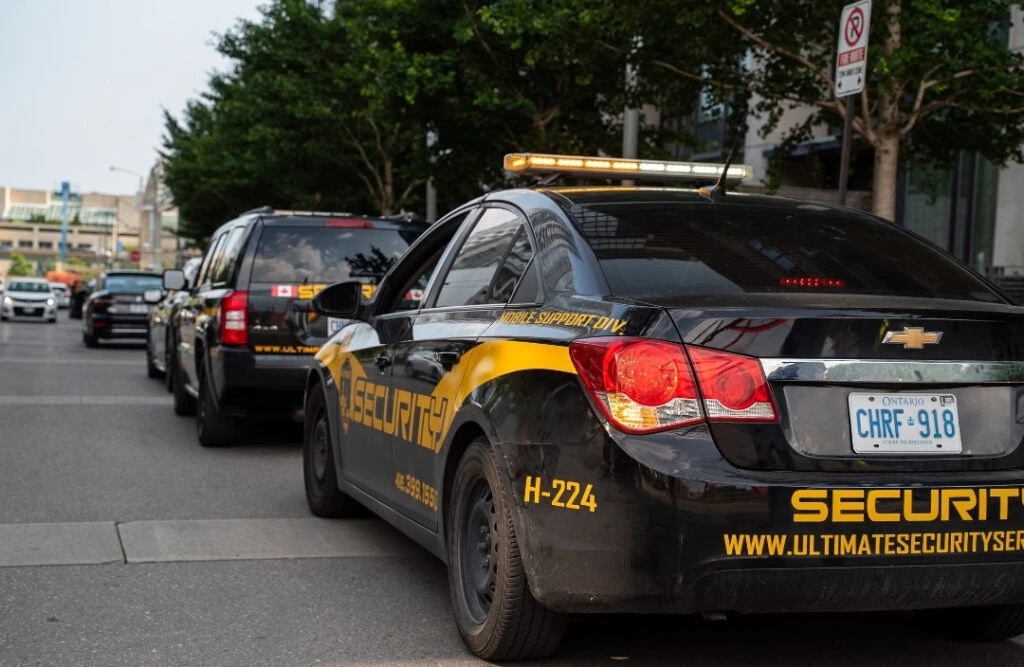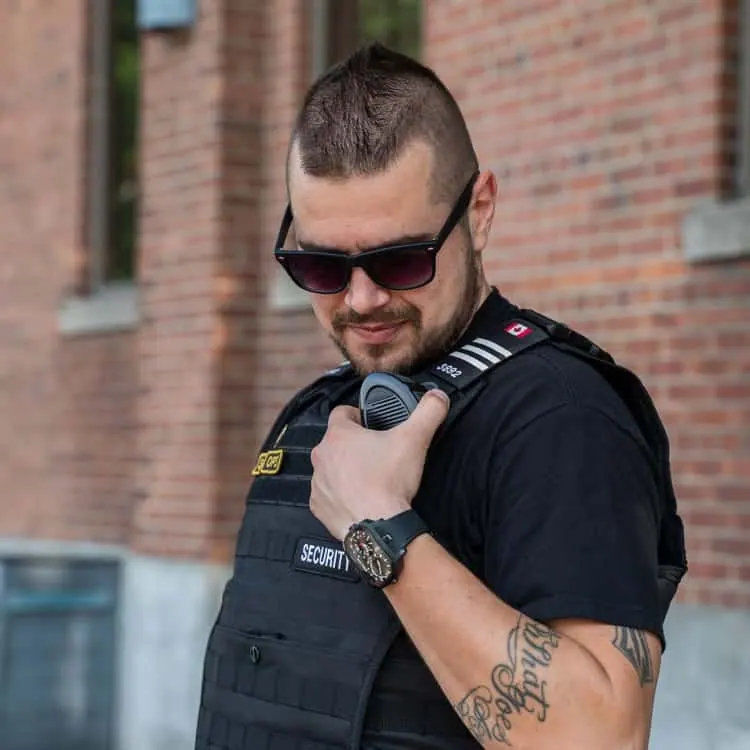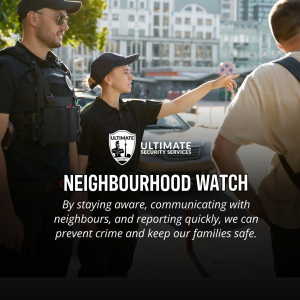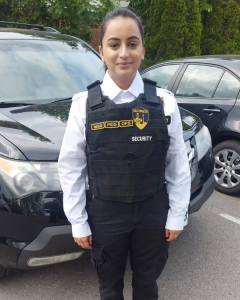Mobile security units play a crucial role in maintaining safety and security across various environments. Whether at large events or in residential areas, these units provide a flexible and effective means to address security concerns. Their ability to move quickly and respond to incidents makes them an essential part of modern security strategies. Understanding how mobile security service units handle emergencies can provide greater peace of mind and demonstrate their importance in our communities.
In emergencies, time is of the essence. Mobile security units are designed to react swiftly, which can significantly impact the outcome of potential crises. These units are staffed by trained professionals skilled in rapid assessment and intervention. Their equipment and training enable them to handle a wide range of emergencies, from medical incidents to criminal activities.
Effective emergency response goes beyond immediate reactions; it involves clear communication, strategic planning, and thorough follow-up actions. Mobile security units must coordinate with local law enforcement, medical services, and other stakeholders to ensure comprehensive incident management. This article explores the various aspects of how mobile security units respond to emergencies, highlighting their critical role in safeguarding our well-being.
Understanding the Role of Mobile Security Service Units

Mobile patrols serve as a dynamic and flexible component of modern security systems. These units are not confined to a single location, making them highly effective in patrolling large areas and responding to incidents wherever they occur. Their mobility allows them to cover more ground and adapt to changing security needs quickly.
One of the key roles of mobile security guards is deterrence. The presence of a mobile unit can discourage potential criminals from targeting an area, knowing that security forces can arrive swiftly. This proactive approach helps to prevent incidents before they escalate, contributing to the overall safety of the community or event.
Moreover, mobile security units are equipped with advanced technology and tools that aid in crime prevention and emergency response. They often come with surveillance equipment, communication devices, and first-aid kits, enabling them to handle a wide range of situations effectively. The personnel operating these units are highly trained professionals who can assess and manage incidents in real-time, ensuring swift and appropriate action.
Initial Response Procedures in Emergencies
The initial response to an emergency is crucial and can significantly affect the outcome. Mobile security units follow well-defined procedures to ensure they respond effectively and efficiently to any crisis.
First and foremost, the unit quickly assesses the situation upon arrival. This involves identifying the nature of the emergency, whether it’s a medical incident, fire, or security threat. The assessment helps determine the necessary immediate actions and resources required to handle the situation effectively.
Next, the unit prioritizes securing the area. This involves ensuring the safety of the individuals involved and preventing further harm. For instance, in a medical emergency, the unit might provide first aid until medical professionals arrive. In case of a security threat, they might isolate the area and control the crowd to minimize panic and chaos.
Finally, coordination with other emergency services is essential. Mobile security personnel maintain direct communication with local law enforcement, fire departments, and medical services to ensure a comprehensive response. They provide critical information and support to these agencies, facilitating a synchronized effort to manage the emergency. This coordinated approach enhances the effectiveness of the response and helps to resolve the situation more quickly and safely.
Effective Communication During Emergency Situations

Effective communication is vital during emergencies to ensure swift and coordinated responses. Mobile security units rely on various communication tools to stay in contact with team members, local authorities, and emergency services. Good communication helps share critical information quickly and accurately, reducing confusion and enhancing the efficiency of the response.
One of the first steps is to establish a clear line of communication within the mobile security team. Using radios, mobile phones, and other communication devices, team members can stay connected and informed about the evolving situation. This internal communication helps ensure that everyone is on the same page and that tasks are distributed effectively.
In addition to internal communication, mobile security units coordinate with external emergency services. This could involve providing detailed descriptions of the situation, sharing real-time updates, and requesting additional resources if needed. By maintaining open lines of communication with police, fire departments, and medical services, mobile security units can help integrate their responses into a unified effort, leading to quicker resolutions and better outcomes.
Post-Emergency Protocols and Follow-Up Actions
After an emergency, it’s essential to have post-emergency protocols in place to ensure that the situation is fully resolved and that any necessary follow-up actions are taken. The role of mobile security units doesn’t end when the immediate threat is neutralized; they must also ensure that the area is safe and secure for people to return.
One of the first steps in post-emergency protocols is conducting a thorough debriefing. This involves reviewing the incident with team members to identify what went well and areas for improvement. Debriefing helps enhance future responses by learning from each situation and continuously improving procedures.
Another crucial aspect is documentation. Mobile security units must document the incident in detail, including the sequence of events, actions taken, and any injuries or damages. This information is vital for legal purposes, insurance claims, and internal reviews. Accurate records ensure that all aspects of the incident are accounted for and can be referenced later if needed.
Finally, follow-up actions are critical to restoring normalcy and preventing future incidents. This could involve repairing any damages, increasing patrols in the affected area, and holding community meetings to address concerns and improve overall security. By taking comprehensive follow-up actions, mobile security units help reassure the community and demonstrate their commitment to long-term safety.
Conclusion
Mobile security units are essential in managing and responding to emergencies. Their ability to move quickly and apply trained expertise can make a significant difference in various situations, from medical emergencies to security threats. Understanding their roles and the processes they follow helps underscore their value in maintaining safety and security.
From initial response procedures to effective communication and comprehensive post-emergency protocols, mobile security units are a vital part of our collective safety net. They not only address immediate threats but also take steps to prevent future incidents, ensuring a safer environment for everyone.
For expert mobile security service and support in enhancing the safety of your community or event, contact Ultimate Security Services today. Our security consultants are here to help you build a secure and resilient environment for all.



